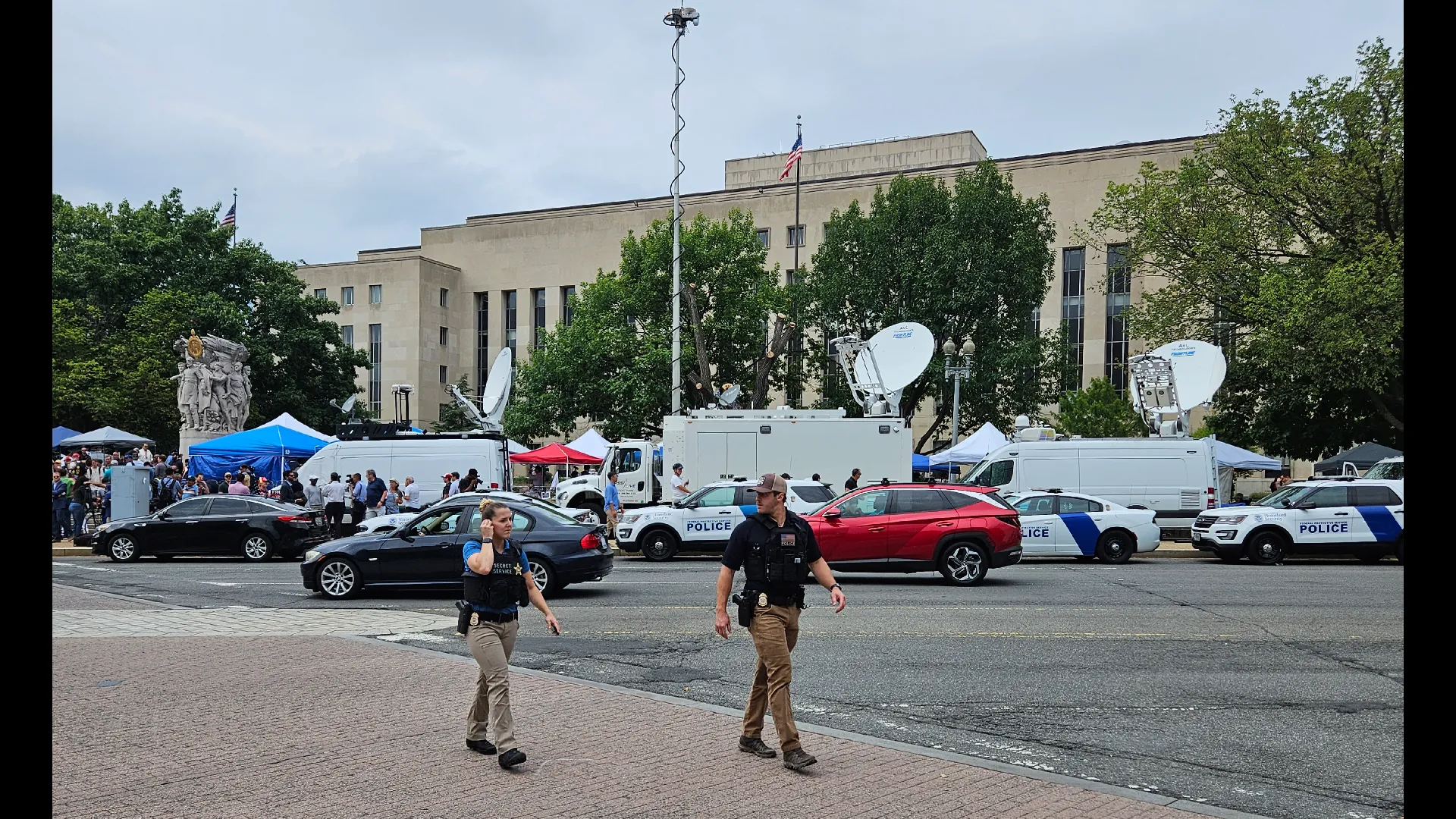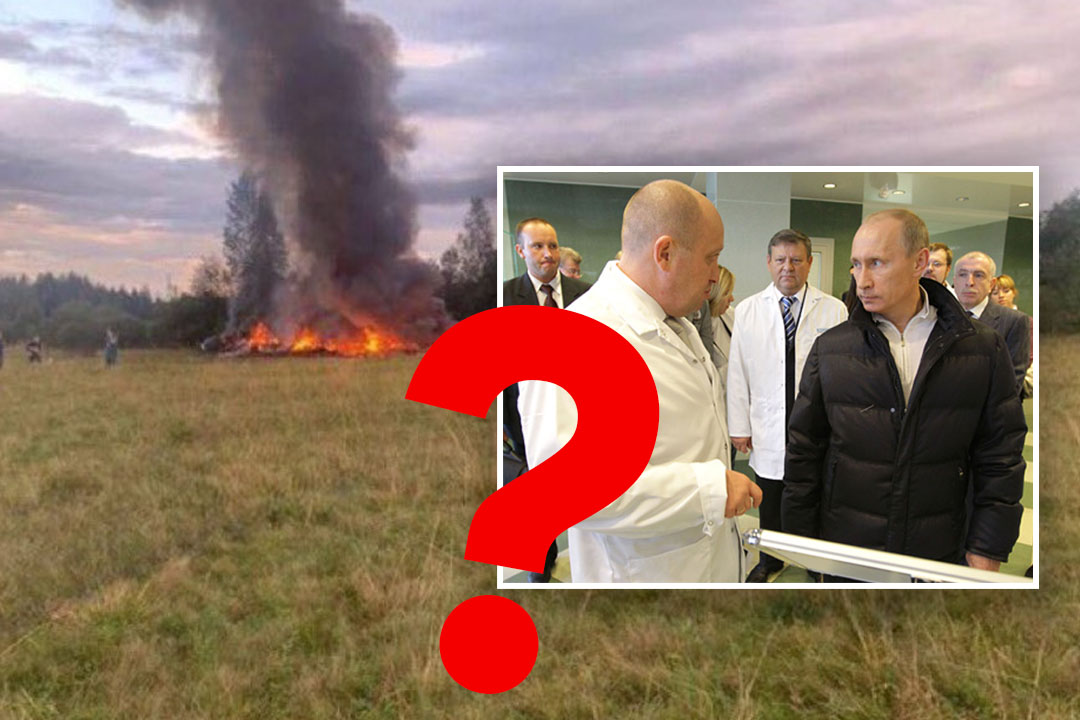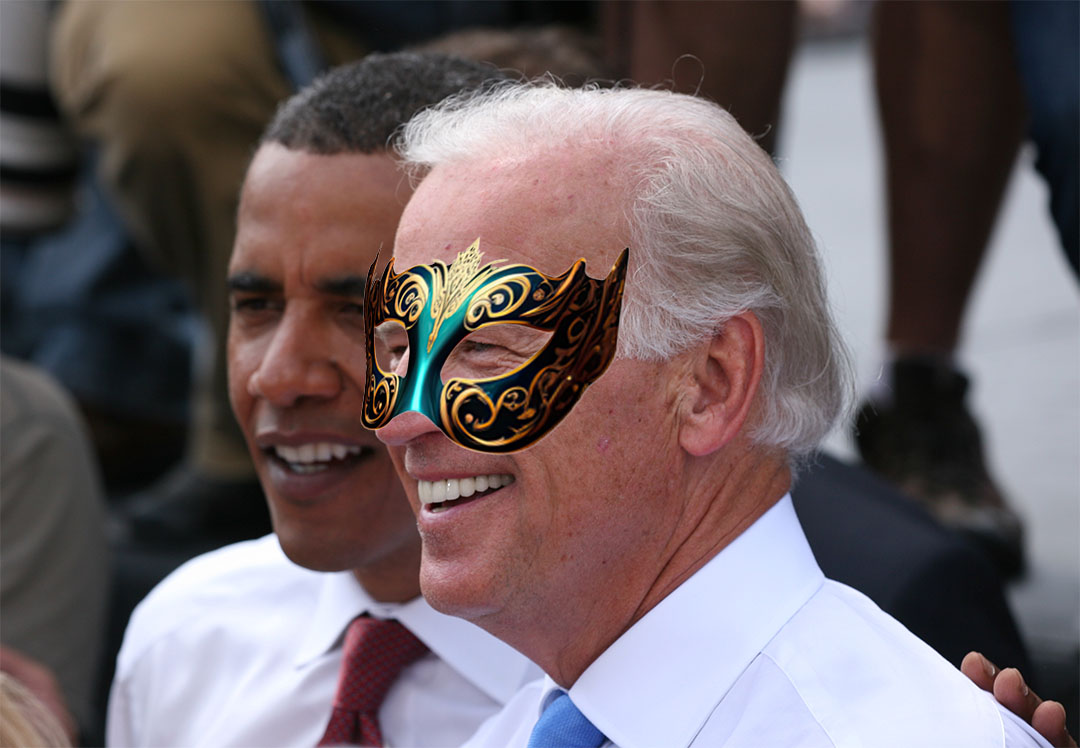Trump pleads not guilty to charges.
Former President Trump Pleads Not Guilty to Federal Charges Related to Election Claims
August 8, 2023 3:56 PM EDT
- The Gist
- Former President Donald Trump pleads not guilty to four federal charges related to election fraud and attempts to overturn the 2020 presidential election
- Charges include conspiracy to defraud the U.S., conspiracy to obstruct an official proceeding, obstruction of and attempt to obstruct an official proceeding, and conspiracy against rights
- If convicted of the most serious charge, Trump could face up to 20 years in prison
- Federal judge assigned to the case is Judge Tanya Chutkan, an Obama appointee who has ruled against Trump in the past
- Trump's legal team plans to request a speedy trial, while the prosecution expects to present a substantial amount of evidence
- In addition to these charges, Trump is also facing other legal troubles in New York and is under investigation by a grand jury in Georgia
Former President Donald Trump appeared in court today to plead not guilty to four federal charges related to his claims of election fraud and attempts to overturn the results of the 2020 presidential election.


The charges against Trump include conspiracy to defraud the U.S., conspiracy to obstruct an official proceeding, obstruction of and attempt to obstruct an official proceeding, and conspiracy against rights. If convicted of the most serious charge, Trump could face up to 20 years in prison.
The federal judge assigned to the case is Judge Tanya Chutkan, an Obama appointee who has ruled against Trump in the past. Security around the courthouse was heightened, and protesters gathered outside.
Prosecutors allege that Trump knowingly pushed false election claims as part of a conspiracy to overturn the election. On the other hand, Trump's lawyers argued that he should not be detained and should be allowed to communicate with witnesses in the case.
The first hearing in the case has been set for August 28th. Trump's appearance in court follows a federal grand jury indictment on four counts related to the January 6th attack on the Capitol.
Trump's legal team plans to request a speedy trial, while the prosecution expects to present a substantial amount of evidence. However, Trump's lawyers argue that they need more time to prepare for trial and that it should not take place until after the next presidential election.
In addition to these charges, Trump is also facing other legal troubles. He is currently facing charges in New York and is under investigation by a grand jury in Georgia.
As the case progresses, it remains to be seen how the legal proceedings will unfold and what impact they may have on Trump's political future.
The federal judge assigned to the case is Judge Tanya Chutkan, an Obama appointee who has ruled against Trump in the past. Security around the courthouse was heightened, and protesters gathered outside.
Prosecutors allege that Trump knowingly pushed false election claims as part of a conspiracy to overturn the election. On the other hand, Trump's lawyers argued that he should not be detained and should be allowed to communicate with witnesses in the case.
The first hearing in the case has been set for August 28th. Trump's appearance in court follows a federal grand jury indictment on four counts related to the January 6th attack on the Capitol.
Trump's legal team plans to request a speedy trial, while the prosecution expects to present a substantial amount of evidence. However, Trump's lawyers argue that they need more time to prepare for trial and that it should not take place until after the next presidential election.
In addition to these charges, Trump is also facing other legal troubles. He is currently facing charges in New York and is under investigation by a grand jury in Georgia.
As the case progresses, it remains to be seen how the legal proceedings will unfold and what impact they may have on Trump's political future.
No, Really?! There's More News:
 Did Yevgeny Prigozhin Stage His Own Death? Plane Crash Investigation Raises Questions
Did Yevgeny Prigozhin Stage His Own Death? Plane Crash Investigation Raises Questions  Prominent Wagner Figure Suspected to be Aboard Plane That Crashed in Russia
Prominent Wagner Figure Suspected to be Aboard Plane That Crashed in Russia  Sources Discredit TMZ's Reconciliation Story Involving Britney Spears and Jamie Spears
Sources Discredit TMZ's Reconciliation Story Involving Britney Spears and Jamie Spears  President Biden's use of pseudonyms in emails raises questions about transparency and accountability
President Biden's use of pseudonyms in emails raises questions about transparency and accountability